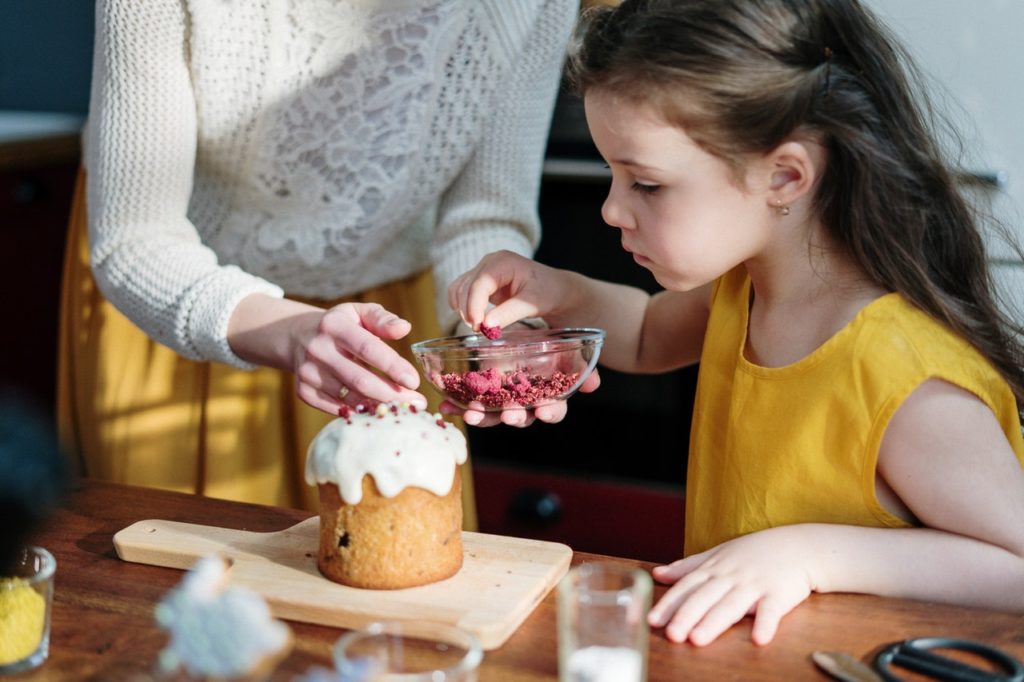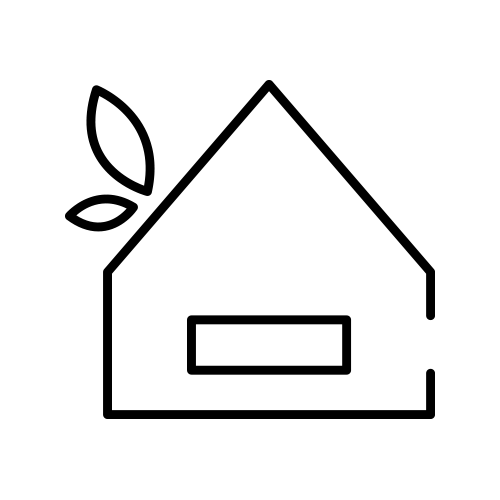Cooking up a healthy education

Finding creative ways to learn is paramount to setting a good foundation in education. Over the last decade or so we have seen a shift in the way in which we approach learning. The concept of learning is changing and we are finding more and more creative ways to teach and for information to be passed on. We have already discussed these changes in more detail here…. Today I want to look at one skill that most children enjoy and that has so many aspects that can be related to learning. Not only that but it is a great activity to foster a good relationship between parent and child.
I have spoken before about how important gardening is to children, but we need to do something with all those goodies once they have grown. Why not try some cooking or baking? As a child I loved cooking meals and baking cakes or cookies. I did at one time want to be a chef but while I still cook a lot of meals myself, I was never a Jamie Oliver. Cooking and baking are fantastic ways to learn a whole range of cross curricular skills and in this blog we give some examples of how you can help your child at home.
Numeracy;
Probably the most obvious, there are an abundance of maths skills used when baking or cooking and here are some tasks that you can share with your little one. As children grow older they will become more independent but it is such a great activity to easily differentiate:
Weighing– For younger children just recognition of how to use a scale and simple measuring of ingredients is important. As the children grow older they can begin to read the intervals between the numbers on the scales.
Ratios– Younger children can easily be taught to double and halve ingredients in a way that is easy to relate to. Older children may begin to start to work with ratios and fractions to increase or decrease quantities for differeing quantities.
Sorting– Younger children will begin to sort ingredients into bowls (wet, dry, meat, veg, oil, water). Older children may begin to prepare the ingredients themselves, following the recipe and preparing to bake or cook.
Estimation– Every good cook learns to estimate at some point. Estimating how much more milk will need to be added to flour or how much salt to refine the taste may be a more difficult skill, but younger children can follow and learn just exactly what it means to estimate.
Problem Solving- Baking and cooking always toss up unexpected problems that you can solve together. Even the washing up can pose a problem. How can I get this stubborn stain off? Which scrubber would work best?
Literacy
Time and Order– Literacy skills can be developed through any shared activity but a key component of baking and cooking is the understanding of time and order. This is somewhat linked to Numeracy but we will cover it in Literacy. Children learn time connectives: firstly, next, after that and will start to become aware of ordinals: firstly secondly thirdly finally. Older children will begin to multitask and you may want to include connectives such as: whereas, meanwhile and as.
Instructions– For younger children it is a great activity for following instructions and they will begin to use instructional language in their speech. Older children could be extended. Maybe try writing out the instructions afterwards or create a cookbook between you and your child.
Reading– Younger children can start to read basic site words. Be selective about which words you want them to learn. Focus on ordinals in one session or maybe verbs in another, but the activity is great for giving your child an extra boost without them knowing they are learning. Older children can practise reading the instructions themselves.
Writing– Why not try writing a shopping list together? You could even extend your child’s numeracy skills by letting them add up the prices before approaching the checkout in the shop.
Science
There is no end to the scientific skills that a child can learn in the kitchen. It is a young scientists paradise. Here are just some ideas:
The Water Cycle– Discuss what is happening to the water as it boils and hits the lid of the pan.
Chemical and Physical Reactions- Watch food cook (chemical) or water turn to ice (physical) and discuss how physical changes are reversible but chemical are not.
Mixing Colours– Although food colouring is tough to get off hands, it is great for learning about and mixing colours.
Sensory- There is no end to the textures and materials used in baking and cooking. Just giving children contact with so many different foods will do wonders for all their senses; especially smell and taste (providing you are a good cook)
Hygiene– Younger children can begin to learn about how to stay hygienic but older children will be able to delve into discussions about microorganisms and how they play a part in food.
Recycling– We all know we are getting serious about recycling at BEYC, so why not use this opportunity to help your child understand the importance of not wasting food and recycling papers, plastics and metals?
Have fun- Why not just have fun with food? Coke and Memtos, bicarbonate of soda and vinegar. There are so many wonderful experiments to be found online that involve food.
Nutrition
Children aren’t born fussy eaters and I have previously blogged about this here...By cooking together you empower children and give them control over their food choices. You can teach them which foods to choose and how to make them yummy!!
I am sure there are a wealth of other ideas of how to make cooking educational, not least the fact u are providing your child with one of the most useful skills they can learn in life; the ability to cook. If you have any more ideas, please feel free to comment.
